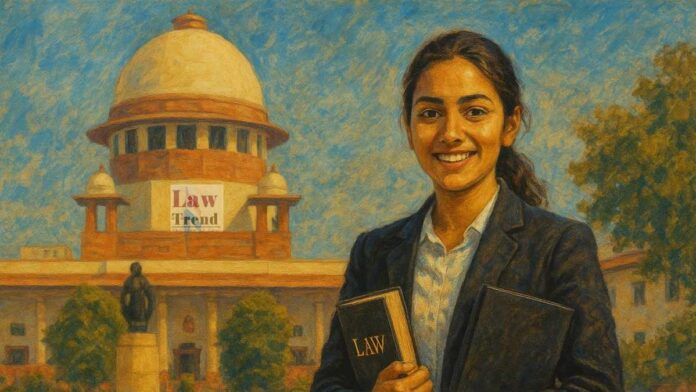The Supreme Court of India, in an ad interim order on Friday, directed the Chhattisgarh Public Service Commission to permit candidates to appear for the judicial service examination without the mandatory qualification of being enrolled as an advocate. The Court also clarified that the requirement of three years’ experience at the bar, established in a
To Read More Please Subscribe to VIP Membership for Unlimited Access to All the Articles, Download Available Copies of Judgments/Order, Acess to Central/State Bare Acts, Advertisement Free Content, Access to More than 4000 Legal Drafts( Readymade Editable Formats of Suits, Petitions, Writs, Legal Notices, Divorce Petitions, 138 Notices, Bail Applications etc.) in Hindi and English.




